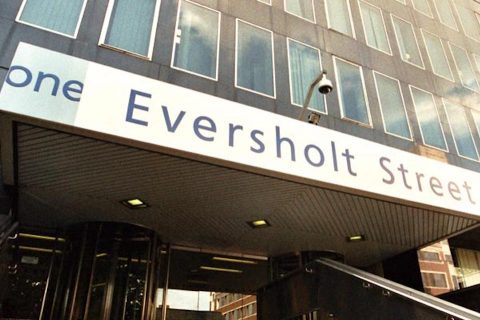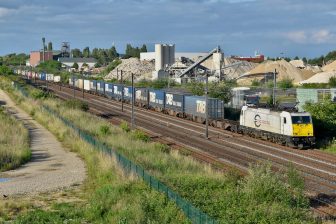
Will a northern headquarters for Great British Rail deliver for the freight sector?
The UK government has announced a competition for the home of Great British Railways, the new integrated authority set to take over the running of the UK network and control the contracting of passenger train operations. GBR will crystallise the state of affairs which has existed since the government took on emergency powers early in 2020, during the pandemic.
Do you want to read the full article?
Thank you for visiting RailFreight.com. Become a member of RailFreight Premium and get full access to all our premium content.
Are you already a member?
Having problems logging in? Call +31(0)10 280 1000 or send an email to customerdesk@promedia.nl.




